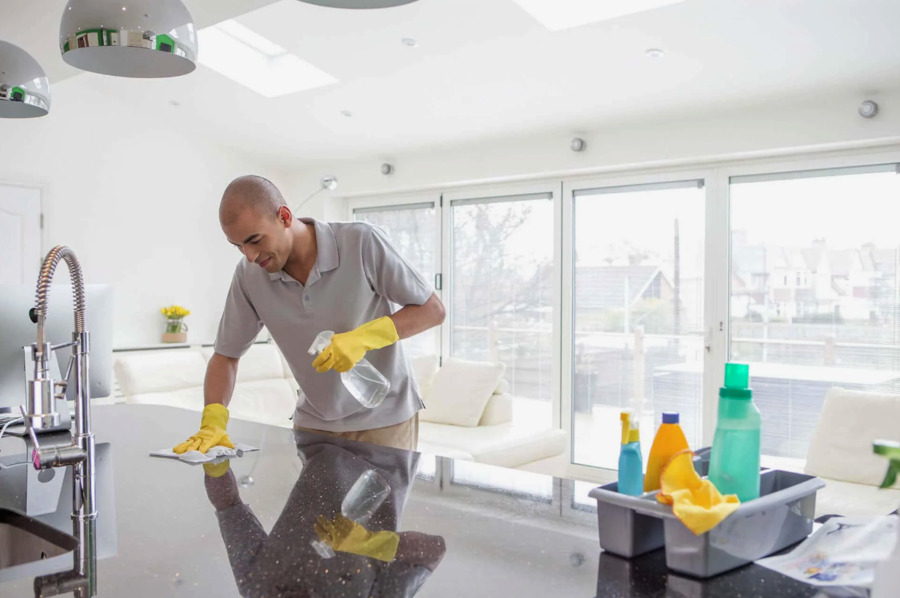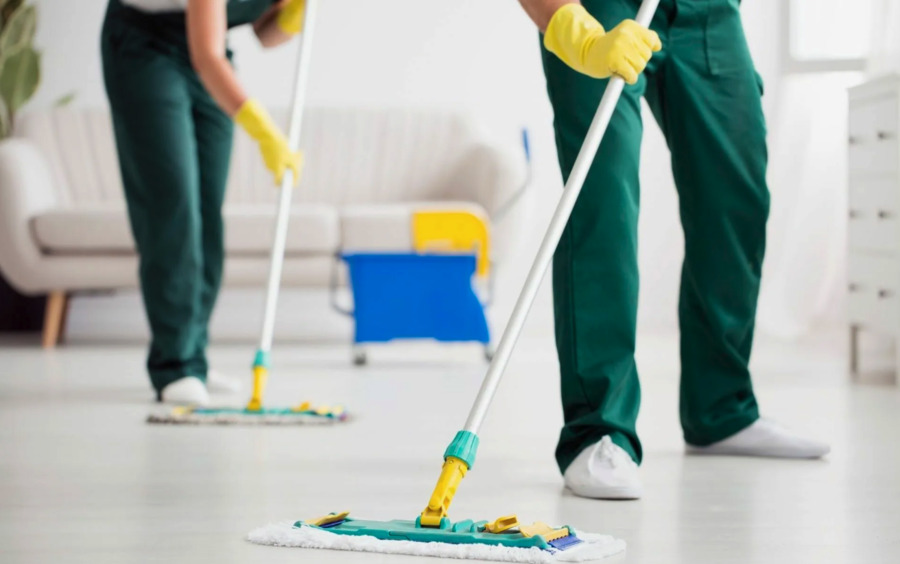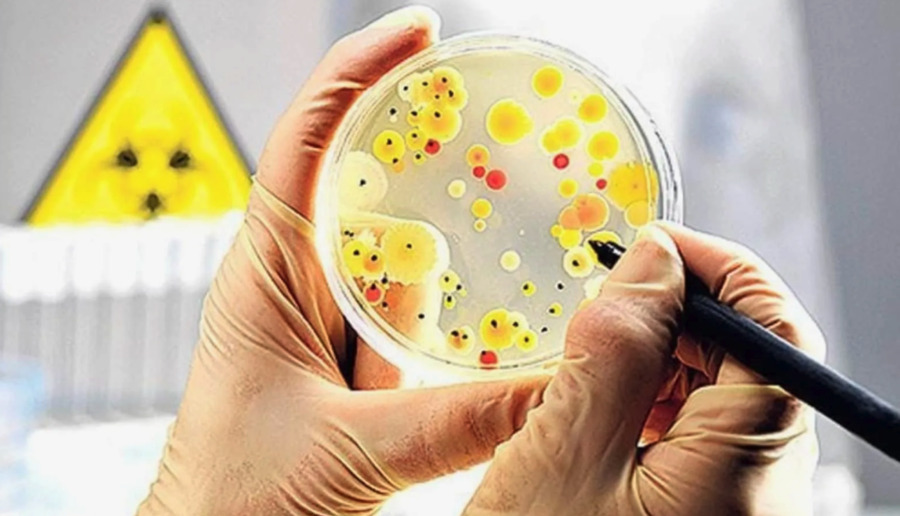Microbes, also known as microorganisms, are minute living entities that typically consist of a single cell and are invisible to the naked eye, requiring a microscope for observation. They are incredibly diverse and populate virtually every environment on Earth, from the depths of the oceans and lakes to the arid deserts and icy landscapes, as well as extreme conditions like boiling hot springs and highly radioactive areas. The primary categories of microbes include bacteria, viruses, fungi, and protozoa, each with unique characteristics and roles in both the environment and human health. These microscopic organisms are pivotal in ecological systems, driving essential processes such as decomposition, nutrient cycling, and even climate regulation. Their ubiquitous presence and versatile functionalities make them critical players in the earth’s biological and chemical processes.
Page content
Microbes in Human Life
Microbes are fundamentally intertwined with human existence, playing dual roles as both benefactors and potential threats. In a positive context, they are essential for normal bodily functions; they help in digesting food, synthesizing vital nutrients like vitamins B and K, and fortifying the immune system by outcompeting harmful pathogens. The human microbiome, which is a complex community of microbes living in and on our bodies, is crucial for maintaining health. Additionally, microbes have significant applications in biotechnology and industry, being integral to the production of a wide range of products from antibiotics and vaccines to enzymes used in cleaning products, and they are crucial in the fermentation process used in the production of yogurt, cheese, beer, and wine. Their role extends to environmental biotechnology, where they are used for tasks such as wastewater treatment and pollution remediation.
Harmful Microbes in Human Life
While the beneficial impacts of microbes are profound, their harmful effects can be equally significant. Pathogenic microbes are responsible for a myriad of diseases that affect humans. Bacteria like _Salmonella_, _Escherichia coli_ (E. coli), and _Staphylococcus aureus_ are known for causing foodborne illnesses and skin infections. Viral pathogens, including the influenza virus and the novel coronavirus, are responsible for widespread respiratory illnesses. Fungi can cause a range of skin diseases and more serious systemic infections, especially in immunocompromised individuals. Protozoa bring about diseases such as malaria and toxoplasmosis, often with severe and sometimes life-threatening symptoms. The ability of these microbes to rapidly mutate and adapt contributes to ongoing challenges in managing infectious diseases.

Accumulation of Microbes in Living Quarters
Microbes find favorable conditions in various niches within residential settings, particularly where moisture, warmth, and organic materials are abundant:
– Electronic Devices: These modern conveniences, including smartphones, tablets, and keyboards, become reservoirs for microbes due to frequent human contact and infrequent cleaning. The heat generated by devices coupled with residue from fingers can create a thriving environment for microbial growth.
– Bedroom: Areas such as beds and other furniture where humans spend a significant amount of time can accumulate microbes. Dead skin cells, body fluids, and other organic matter on pillows and mattresses make ideal breeding grounds for dust mites and bacteria.
– Kitchen: As the heart of many homes where food is prepared and stored, kitchens are hotspots for microbes. Surfaces and utensils may harbor foodborne pathogens, and moist sponges and dishcloths can become breeding grounds for bacteria and mold.
– Bathroom: Typically characterized by high humidity and water usage, bathrooms facilitate the growth of mold and bacteria. Surfaces frequently touched, such as faucets and toilet handles, can spread microbes if not regularly sanitized.
Dangers of Harmful Microbes in Living Quarters
The presence of harmful microbes in residential areas poses various health risks. Respiratory illnesses can be exacerbated or transmitted through airborne spores or droplets, while gastrointestinal conditions are often the result of ingesting contaminated food or water. Persistent exposure to mold and damp conditions can lead to respiratory issues and allergic reactions. Skin contact with contaminated surfaces can cause infections and dermatological conditions. The risk is higher in densely populated living conditions where cleaning and sanitation are inadequate.

Ways to Combat Germs in Residential Premises
To mitigate the risks posed by harmful microbes, several strategies can be employed:
– Regular Cleaning: Vigilant cleaning and sanitization of all areas, especially those prone to microbial accumulation such as kitchens and bathrooms, help control the spread of microbes.
– Proper Ventilation: Good airflow is essential to reduce moisture and prevent the growth of mold and mildew, which are common in poorly ventilated areas.
– Hygienic Practices: Personal hygiene, including frequent handwashing and proper food handling, is vital in preventing the transmission of microbes.
– Use of Antimicrobial Products: Products designed to kill or inhibit microbes can be effective when used appropriately on surfaces and in laundering fabrics.
Professional Cleaning Services
Professional cleaning services provide a high level of cleanliness that is difficult to achieve with regular household cleaning. These services use commercial grade disinfectants and cleaning methods that kill germs more effectively. Trained professionals understand the science behind microbial growth and use targeted strategies to disinfect areas most prone to contamination. This is especially helpful in households with vulnerable people, such as the elderly, young children, or people with chronic illnesses, where maintaining an exceptionally clean environment is critical to health.
End Note
Overall, while germs are essential to many aspects of life, controlling their harmful effects in living spaces is vital to promoting health and well-being. Professional cleaning services play a vital role in this endeavor by ensuring that not only are the living spaces clean, but also safe from microbial threats. Judux is a leader among such companies in the UAE.Judux is a company with branches not only in the UAE but also in other countries around the world such as Australia and South Africa. With Judux there is no chance for germs to escape!
Baseball fan, coffee addict, hiphop head, Swiss design-head and independent Art Director. Acting at the junction of modernism and function to create strong, lasting and remarkable design. My opinions belong to nobody but myself.
